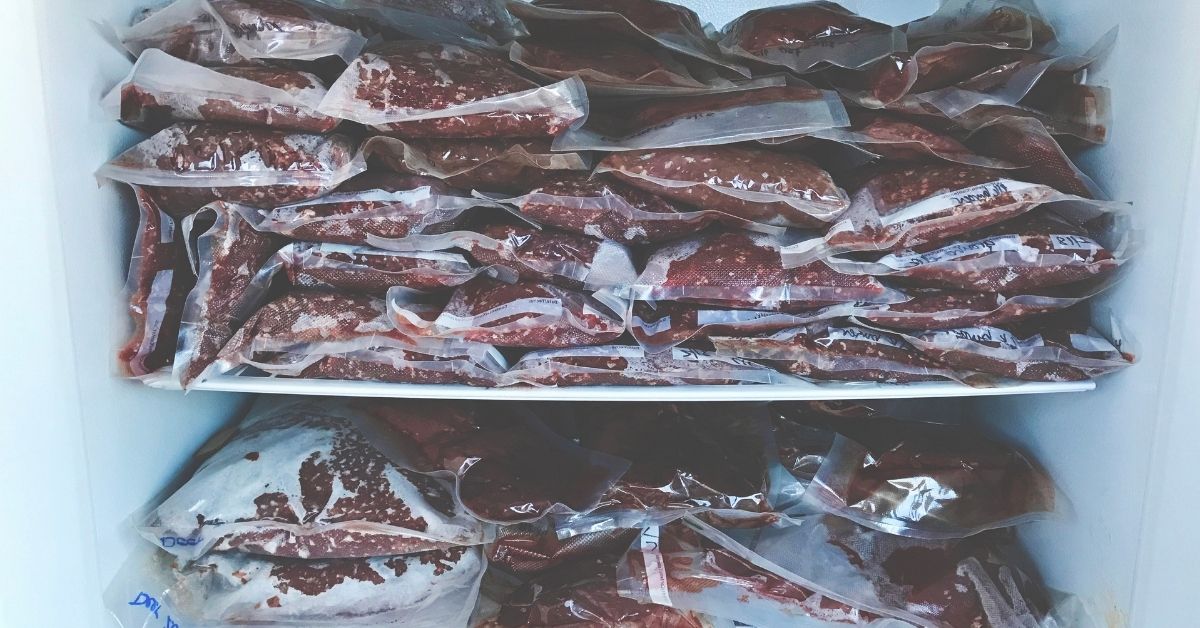

Articles
How Long Will Deer Meat Last In The Freezer
Modified: August 27, 2024
Looking for articles on how long deer meat can last in the freezer? Find all the information you need in this comprehensive guide.
(Many of the links in this article redirect to a specific reviewed product. Your purchase of these products through affiliate links helps to generate commission for Storables.com, at no extra cost. Learn more)
Introduction
When it comes to venison, or deer meat, many hunters and meat enthusiasts are often left wondering how long it will last in the freezer. Properly storing and preserving deer meat is essential to ensure its quality and safety for consumption. Whether you have just returned from a successful hunting trip or purchased venison from a local butcher, understanding the factors that affect the shelf life of deer meat is crucial.
In this article, we will delve into the various factors that can impact the longevity of deer meat in the freezer, correct freezing techniques, signs of spoilage to look out for, tips to extend the shelf life of frozen deer meat, as well as guidelines for thawing and cooking it.
By following these guidelines, you can maximize the lifespan of deer meat in your freezer, allowing you to enjoy the delicious and nutritious meat for months or even years to come.
Key Takeaways:
- Properly storing and freezing deer meat is essential for preserving its quality. Factors like temperature, packaging, and storage duration impact its shelf life, with recommended consumption within 6 to 12 months for optimal taste.
- Recognizing signs of spoiled deer meat is crucial to avoid consuming unsafe meat. Off odor, discoloration, texture changes, and mold growth are indicators of spoilage. Following proper freezing and cooking techniques ensures safe and delicious consumption.
Read more: How Long Will Flour Last In The Freezer
Factors Affecting the Shelf Life of Deer Meat
Several factors can influence the shelf life of deer meat in the freezer. Understanding these factors is essential for properly storing and preserving the meat. Here are some key considerations to keep in mind:
- Temperature: The temperature at which deer meat is stored plays a crucial role in determining its shelf life. Freezing deer meat at temperatures below 0°F (-18°C) is recommended to maintain its quality and minimize the growth of bacteria. Always ensure that your freezer maintains a consistent temperature to prevent any fluctuations.
- Packaging: The way deer meat is packaged before freezing can significantly impact its longevity. Air is the enemy of frozen food, as it can lead to freezer burn and degrade the quality of the meat. It is recommended to wrap the meat tightly in plastic wrap or butcher paper, removing any excess air. Alternatively, you can use vacuum-sealed bags to eliminate air entirely.
- Quality of the Meat: The quality of the deer meat itself plays a crucial role in determining its shelf life. Freshly harvested venison that is properly handled and stored will have a longer shelf life compared to meat that has been poorly handled or damaged during processing.
- Storage Duration: The time period for which deer meat can be safely stored in the freezer depends on several factors, including its initial quality, freezing conditions, and packaging. While frozen meat can technically last indefinitely, it is generally recommended to consume frozen deer meat within 6 to 12 months for optimal taste and quality.
- Location in the Freezer: The location of the deer meat in your freezer can affect its shelf life. It is advisable to store the meat in areas where the temperature is most stable, such as the back or bottom of the freezer. This helps to minimize temperature fluctuations, which can negatively impact the meat.
By considering these factors and taking appropriate measures, you can ensure that your deer meat stays fresh, flavorful, and safe for an extended period of time in the freezer.
Freezing Deer Meat Correctly
Properly freezing deer meat is essential for preserving its quality and extending its shelf life. Here are some guidelines to follow to ensure that you freeze deer meat correctly:
- Prepare the Meat: Before freezing, it is important to properly prepare the deer meat. Trim off any excess fat, as fat can become rancid when frozen for an extended period. Cut the meat into portions or steaks of desired size for easy handling and future use.
- Package the Meat: Proper packaging is crucial to prevent freezer burn and degradation of the meat quality. Use airtight freezer bags or vacuum-sealed bags to package the meat. Make sure to remove as much air as possible from the packaging to minimize the risk of freezer burn.
- Label and Date: Always label each package with the type of meat, cut, and date of freezing. This will help you keep track of the storage duration and ensure you rotate your frozen deer meat inventory. Use permanent markers or freezer-proof labels to ensure the information remains intact even in the low temperatures of the freezer.
- Cool before Freezing: It is important to cool the deer meat as quickly as possible before freezing. Placing warm or hot meat directly into the freezer can raise the temperature inside, affecting the quality of other frozen items. Allow the meat to cool in the refrigerator for a couple of hours or use an ice bath to speed up the cooling process.
- Arrange Properly in the Freezer: When placing the packaged meat in the freezer, arrange them in a single layer initially, allowing them to freeze quickly. Once frozen, you can stack the packages on top of each other to save space. However, ensure there is adequate space around each package for proper airflow.
- Keep a Consistent Temperature: Maintaining a consistent freezer temperature is crucial for the quality and longevity of frozen deer meat. Check your freezer regularly to ensure that it is functioning properly and set at the recommended temperature below 0°F (-18°C).
By following these steps, you can ensure that your deer meat is frozen correctly, preserving its taste, texture, and nutritional value for an extended period of time.
Storage Duration of Deer Meat in the Freezer
The storage duration of deer meat in the freezer depends on various factors, including the initial quality of the meat, the freezing conditions, and the packaging. While properly frozen deer meat can technically last indefinitely, it is recommended to consume it within a specific timeframe for the best taste and quality.
For optimal taste and texture, it is generally advised to consume frozen deer meat within 6 to 12 months. During this period, the meat should remain safe to eat if it has been handled and stored correctly. However, it is important to note that the quality may gradually deteriorate over time.
While frozen deer meat can be safely consumed beyond the recommended timeframe, it may experience quality issues such as freezer burn, loss of flavor, and texture changes. Freezer burn occurs when the meat is exposed to air and becomes dehydrated, resulting in dry and discolored patches on the surface. Although freezer burn doesn’t necessarily make the meat unsafe to consume, it can negatively affect its taste and texture.
To ensure the best quality of frozen deer meat, it is important to follow proper freezing and storage techniques. This includes wrapping the meat tightly in airtight packaging to prevent air exposure, maintaining a consistent freezing temperature below 0°F (-18°C), and using proper labeling and rotation to keep track of the storage duration.
If you have deer meat that has been stored for an extended period beyond the recommended timeframe, it is important to inspect the meat for any signs of spoilage before consuming. If the meat shows signs of freezer burn, has an off odor, or has a slimy texture, it is best to discard it to ensure your safety.
Remember, while freezing deer meat is a great way to preserve it for future consumption, it is always recommended to consume it within a reasonable timeframe to ensure the best quality and taste.
To extend the shelf life of deer meat in the freezer, make sure to wrap it tightly in freezer paper or vacuum-sealed bags to prevent freezer burn. It can last up to 6-9 months if stored properly.
Signs of Spoiled Deer Meat
Knowing the signs of spoiled deer meat is crucial for ensuring your safety and avoiding the consumption of meat that has gone bad. While freezing deer meat can help preserve its freshness, there is still a possibility of spoilage if proper storage and handling practices are not followed. Here are some common signs to look out for:
- Off Odor: One of the first signs of spoiled deer meat is a foul or rancid smell. If the meat has an unusual or unpleasant odor, it is an indication that bacterial growth has occurred and the meat may no longer be safe to consume.
- Discoloration: When deer meat spoils, it may develop a significant change in color. Look out for any unusual darkening, greenish hue, or spots of discoloration on the surface of the meat. These changes in color can indicate the growth of bacteria or mold.
- Texture Changes: Spoiled deer meat may also exhibit changes in texture. It can become slimy or sticky to the touch, indicating the growth of bacteria or the breakdown of proteins. Any formation of a thick, sticky film on the meat is a clear indication of spoilage.
- Mold Growth: If you notice any visible mold growth on the surface of the deer meat, it should be discarded immediately. Mold can release toxins that can be harmful to your health if consumed.
- Unpleasant Taste: If you happen to taste the meat and find an unpleasant or sour flavor, it is a strong indication that the meat has spoiled. Trust your taste buds and discard the meat if it doesn’t taste right.
- Excessive Freezer Burn: While freezer burn itself does not make meat unsafe to consume, it can indicate that the meat has been improperly stored or exposed to air for an extended period. Excessive freezer burn can significantly affect the taste, texture, and quality of the deer meat.
If you encounter any of these signs when inspecting your deer meat, it is best to err on the side of caution and discard the meat. Consuming spoiled meat can lead to foodborne illnesses and pose a risk to your health. Remember, it is always better to be safe than sorry when it comes to the quality and safety of your food.
Read more: How Long Will Sausage Last In The Freezer
Tips for Extending the Shelf Life of Frozen Deer Meat
Properly storing and handling frozen deer meat is essential for extending its shelf life and preserving its quality. With these tips, you can maximize the lifespan of your frozen venison:
- Proper Packaging: Use airtight freezer bags or vacuum-sealed bags to package the deer meat before freezing. Ensure that all excess air is removed from the packaging to minimize the risk of freezer burn and extended storage duration.
- Temperature Management: Maintain a consistent temperature in your freezer below 0°F (-18°C) to prevent the growth of bacteria and ensure optimal quality. Regularly monitor the temperature of your freezer to ensure it remains at the desired level.
- Label and Date: Properly label each package with the type of meat and the date of freezing. This will help you keep track of the storage duration and ensure you consume the oldest meat first, practicing a first-in, first-out approach.
- Keep It in the Back: Store the frozen deer meat in the back of the freezer where the temperature is most stable. Avoid placing it near the freezer door, as this area is prone to temperature fluctuations whenever the door is opened.
- Organize Regularly: Periodically organize your freezer and rotate the deer meat to ensure that older packages are used first. This will help prevent items from being forgotten and minimize the chances of meat reaching its expiry date.
- Avoid Frequent Thawing: Each time you thaw and refreeze deer meat, its quality and shelf life can be compromised. Try to plan ahead and thaw only the amount of meat you need for a specific meal to minimize the need for repeated thawing and refreezing.
- Temperature Monitoring: During power outages or malfunctions, keep a close eye on the temperature of your freezer. If the freezer temperature rises above the recommended level for an extended period, the quality of the meat may be compromised. Consider using backup power sources or transferring the meat to alternative freezing options if necessary.
- Regularly Clean the Freezer: Clean your freezer regularly to maintain optimal hygiene and minimize the risk of cross-contamination. Remove any spills, expired items, or ice buildup that may affect the quality of the frozen deer meat.
By following these tips, you can extend the shelf life of frozen deer meat, ensuring that it remains safe to eat and maintains its flavor and texture for as long as possible.
Thawing and Cooking Frozen Deer Meat
Thawing and cooking frozen deer meat properly is crucial to ensure its safety and retain its flavor and tenderness. Here are some guidelines to follow when thawing and cooking frozen venison:
Thawing Deer Meat:
- Refrigerator Thawing: The recommended method to thaw frozen deer meat is in the refrigerator. Place the frozen meat in a dish or tray to catch any drips and allow it to thaw slowly and evenly in the refrigerator. This method can take several hours to overnight depending on the size of the meat.
- Cold Water Thawing: If you are short on time, you can thaw the deer meat in a sealed plastic bag placed in a bowl of cold water. Change the water every 30 minutes to ensure it remains cold. This method is faster than refrigerator thawing but requires monitoring and frequent water changes.
- Microwave Thawing: While microwave thawing may be convenient, it is not recommended for larger cuts of deer meat. The uneven heat distribution in microwaves can result in partial cooking and negatively affect the texture of the meat. If you choose to use the microwave, follow the manufacturer’s instructions for defrosting meat and closely monitor the process to prevent partial cooking.
Cooking Deer Meat:
- Allow for Temperature Adjustment: When cooking deer meat, it is important to note that wild game meat, including venison, is leaner than traditional meats. Adjust cooking times and temperature accordingly to prevent overcooking and drying out the meat.
- Marinating: Consider marinating the deer meat before cooking to enhance its flavor and tenderness. This can help tenderize the lean meat and add moisture. Choose marinades with complementary flavors and allow the meat to marinate for at least a couple of hours, or even overnight, in the refrigerator.
- Avoid Overcooking: Deer meat is best cooked to a medium-rare to medium internal temperature. Overcooking can result in tough and dry meat. Use a meat thermometer to accurately gauge the internal temperature and avoid overcooking the venison.
- Use Moist Cooking Methods: Using moist cooking methods such as braising, slow cooking, or stewing can help retain the moisture and tenderness of deer meat. These methods allow the meat to cook slowly and become tender while preserving its natural flavors.
- Seasoning and Spices: Enhance the flavor of deer meat by using a variety of seasonings and spices. Experiment with different herbs, spices, and rubs to complement the unique taste of venison.
- Resting Time: After cooking, allow the deer meat to rest for a few minutes before slicing or serving. This resting period allows the juices to redistribute throughout the meat, resulting in a more tender and flavorful final dish.
By following these guidelines, you can safely and deliciously thaw and cook frozen deer meat, allowing you to enjoy the rich flavors and nutritional benefits of venison.
Conclusion
Properly storing and handling deer meat in the freezer is crucial to ensure its quality and safety for consumption. By understanding the factors that affect the shelf life of frozen deer meat and following appropriate techniques, you can extend its longevity while preserving its taste and nutritional value.
Factors such as temperature, packaging, meat quality, storage duration, and freezer location all play a role in determining how long deer meat can be safely stored in the freezer. While frozen deer meat can technically last indefinitely, it is generally recommended to consume it within 6 to 12 months for optimal taste and quality.
Signs of spoiled deer meat should be closely monitored to avoid consuming meat that has gone bad. Off odor, discoloration, texture changes, mold growth, unpleasant taste, and excessive freezer burn are all indications that the meat should be discarded to ensure your safety.
To extend the shelf life of frozen deer meat, it is essential to properly package the meat, maintain a consistent freezer temperature, label and date each package, store the meat in stable freezer locations, and regularly organize and rotate your inventory. Avoid frequent thawing and always practice good freezer hygiene to prevent cross-contamination.
When thawing and cooking frozen deer meat, it is important to follow proper techniques. Thaw the meat slowly in the refrigerator or use the cold water method. Avoid using the microwave for larger cuts of meat. Cook the deer meat to a medium-rare to medium internal temperature, adjust cooking times to account for the lean nature of venison, use moist cooking methods, and allow the meat to rest before serving.
By following these guidelines, you can ensure that your frozen deer meat stays fresh, flavorful, and safe to eat for an extended period of time. Whether you’re a hunter or a meat enthusiast, proper storage and handling techniques will allow you to savor the delicious and nutritious qualities of venison whenever you’re ready to enjoy it.
Frequently Asked Questions about How Long Will Deer Meat Last In The Freezer
Was this page helpful?
At Storables.com, we guarantee accurate and reliable information. Our content, validated by Expert Board Contributors, is crafted following stringent Editorial Policies. We're committed to providing you with well-researched, expert-backed insights for all your informational needs.
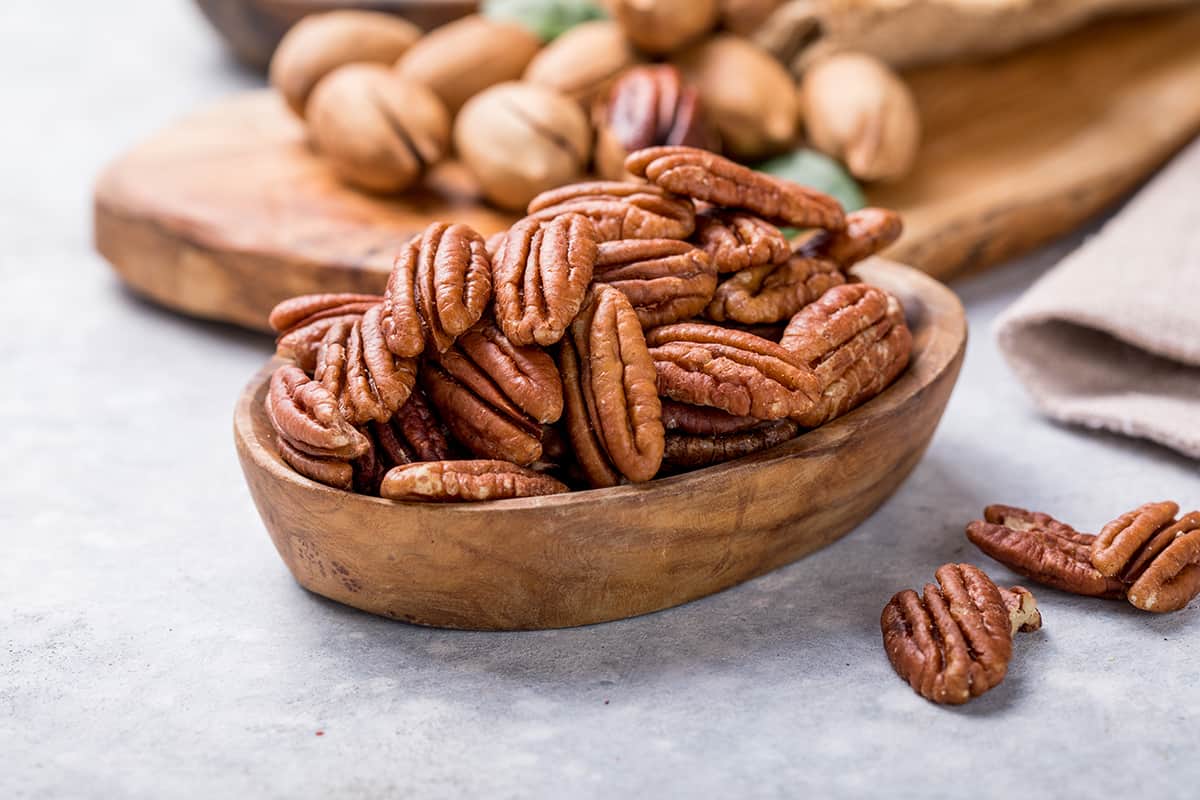
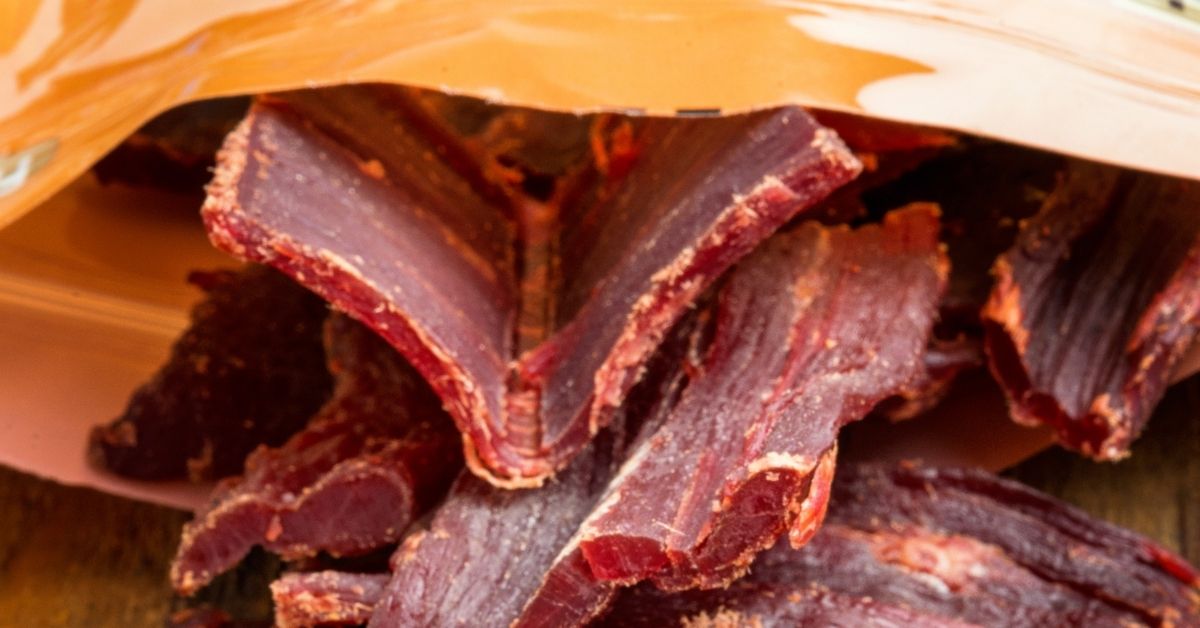
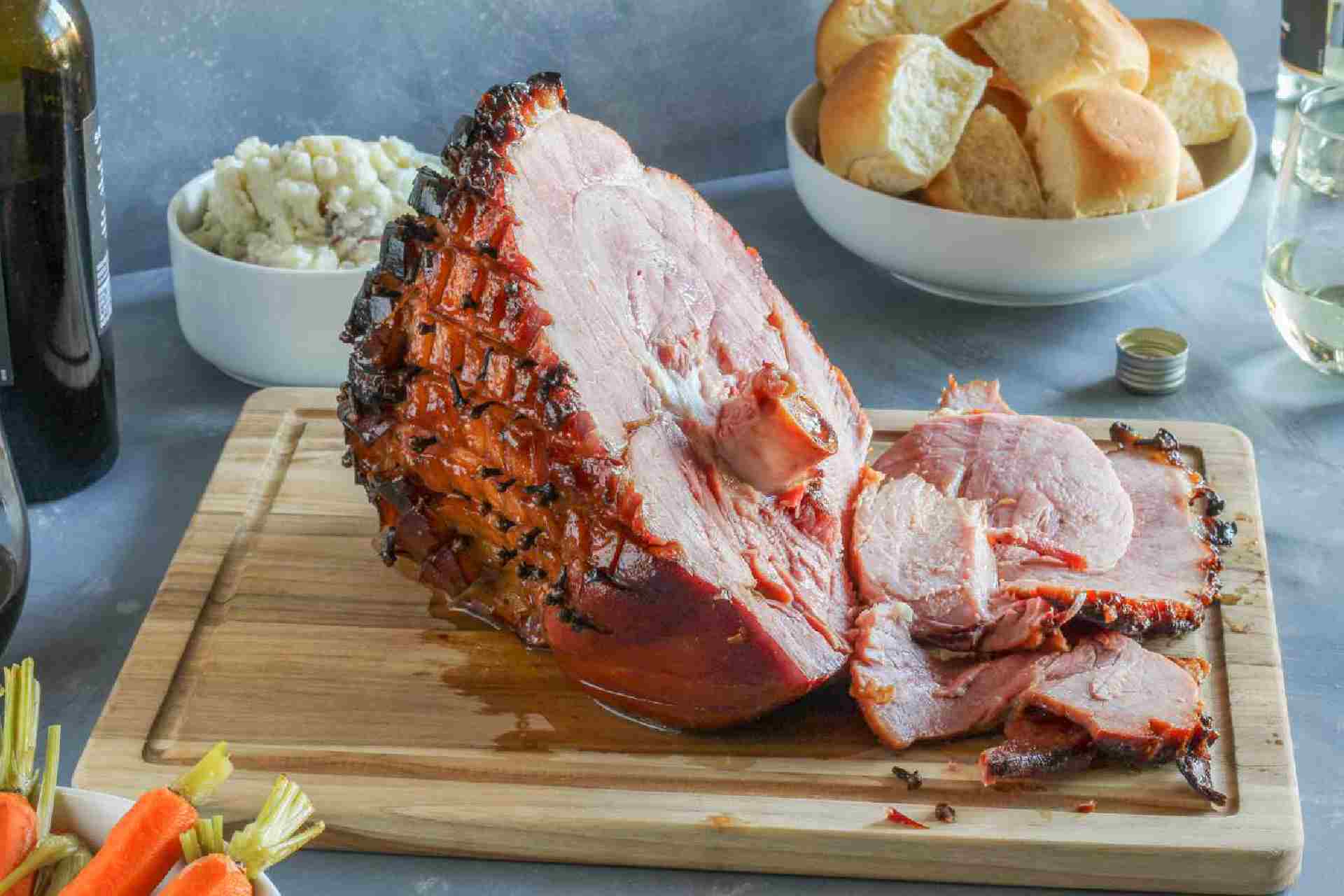
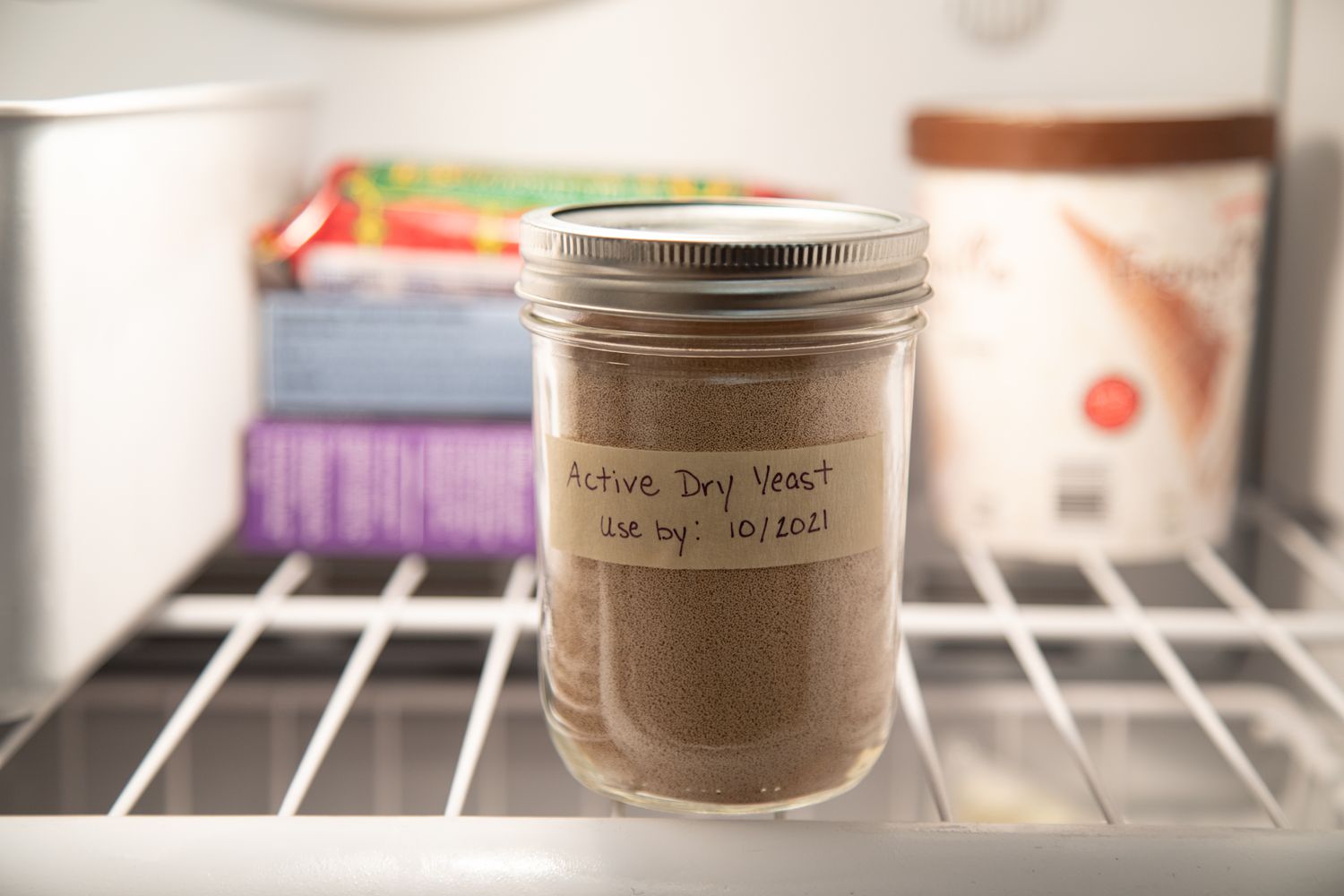
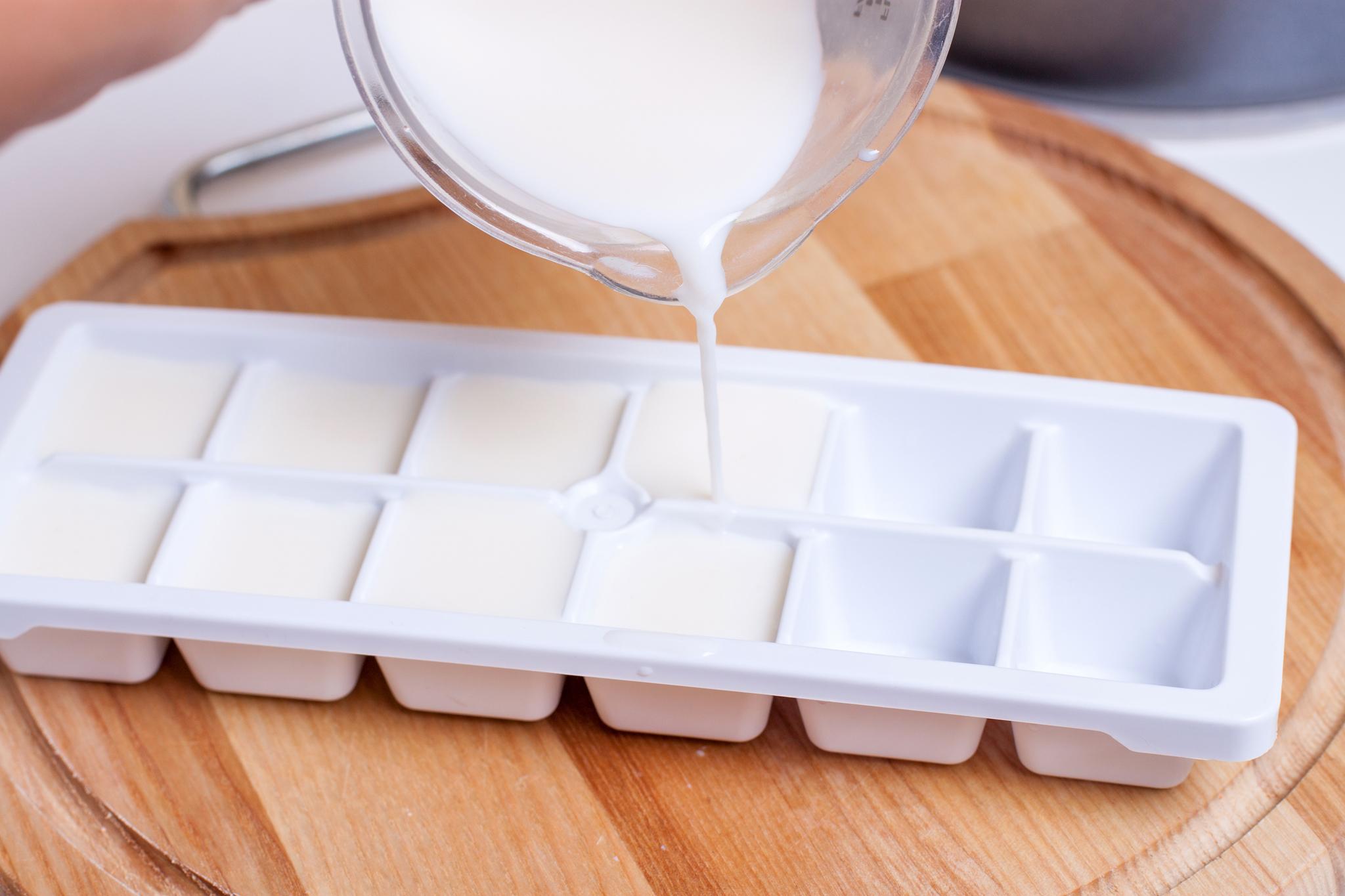
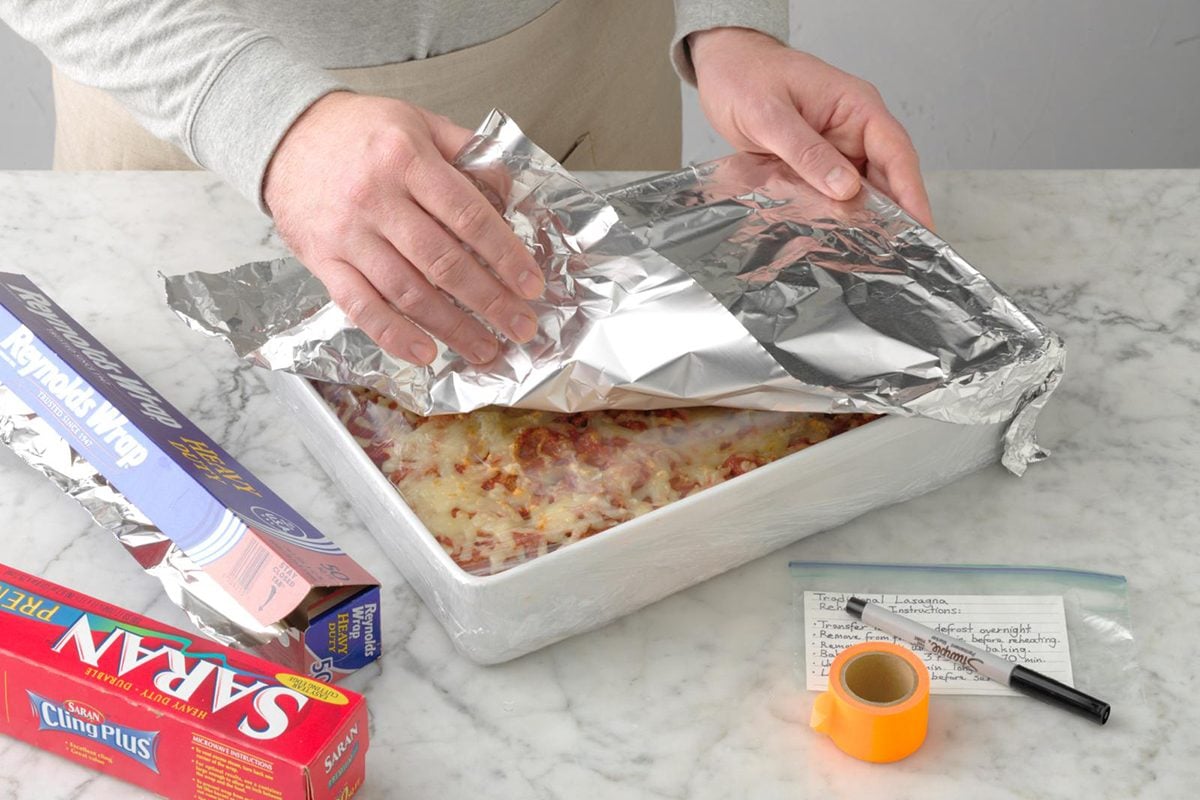

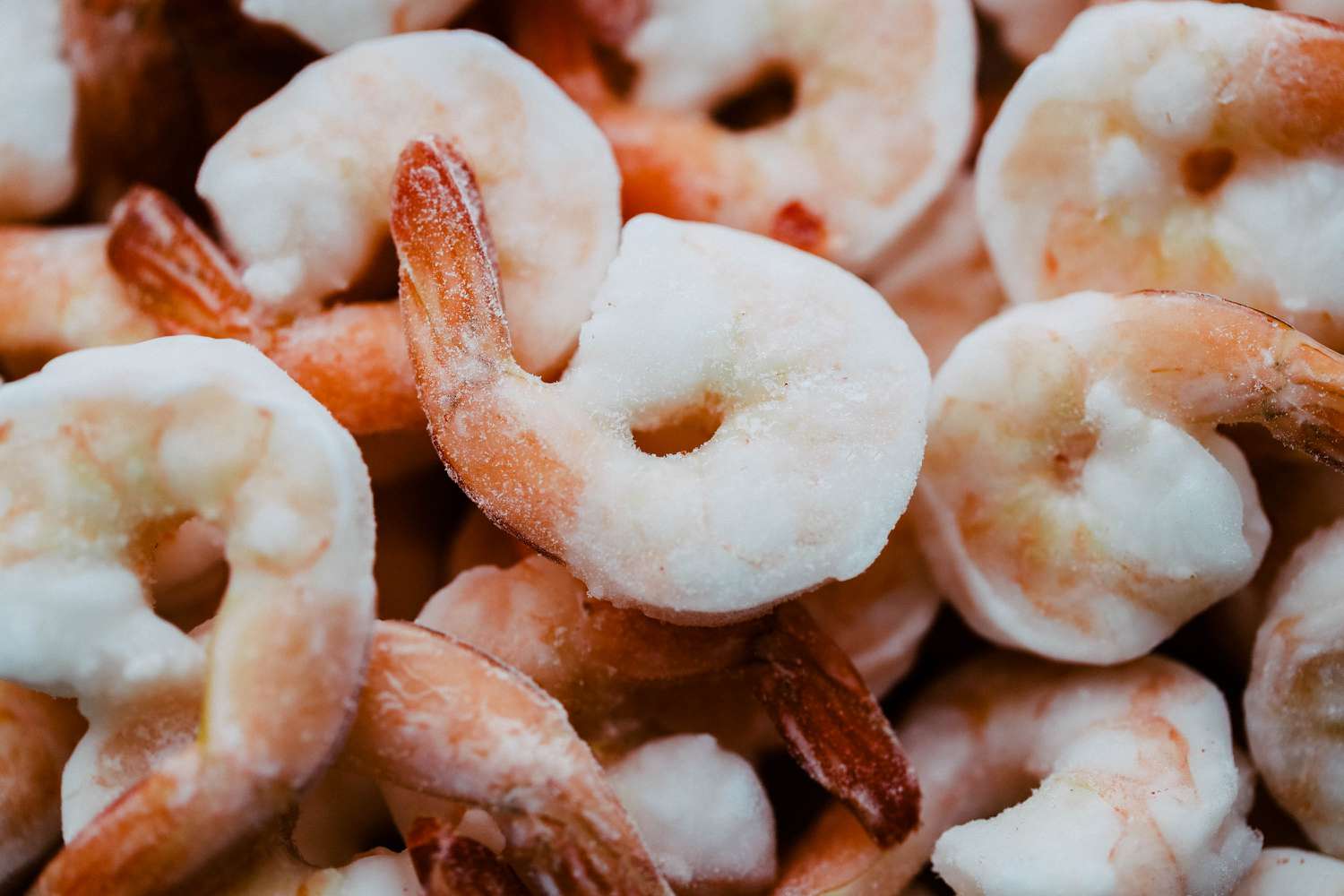
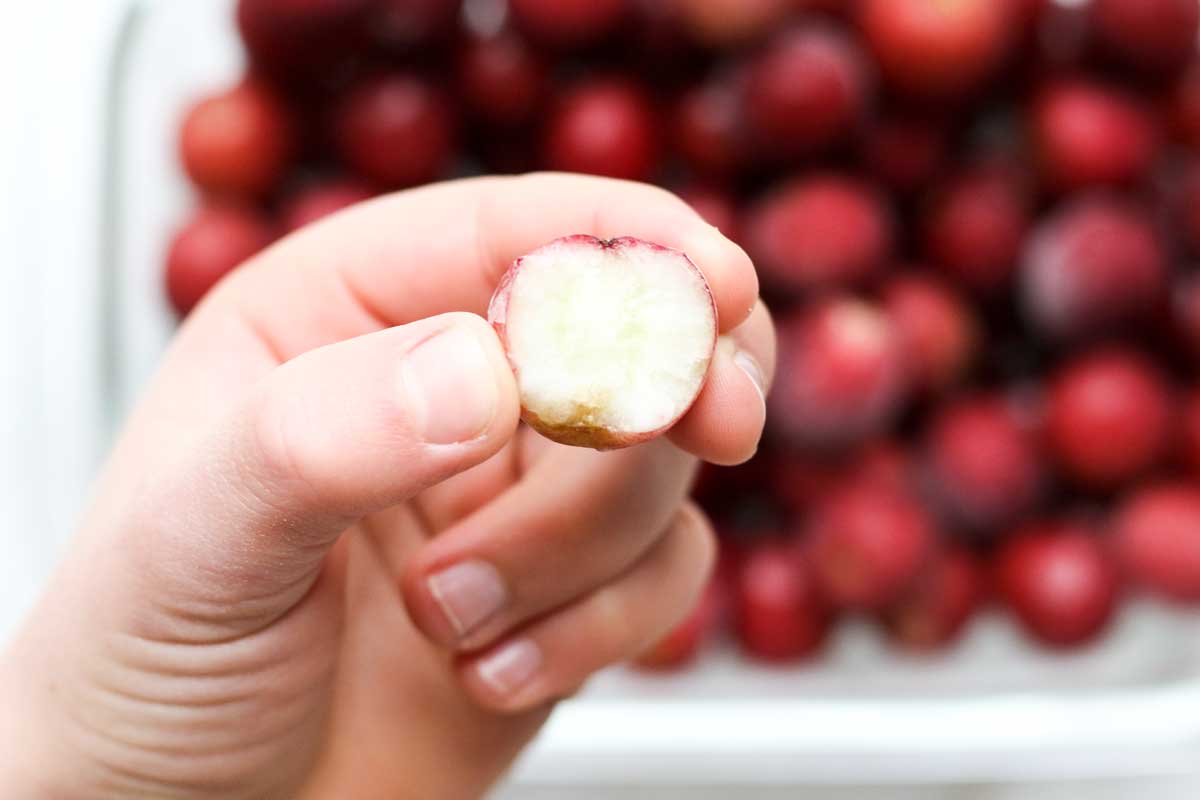




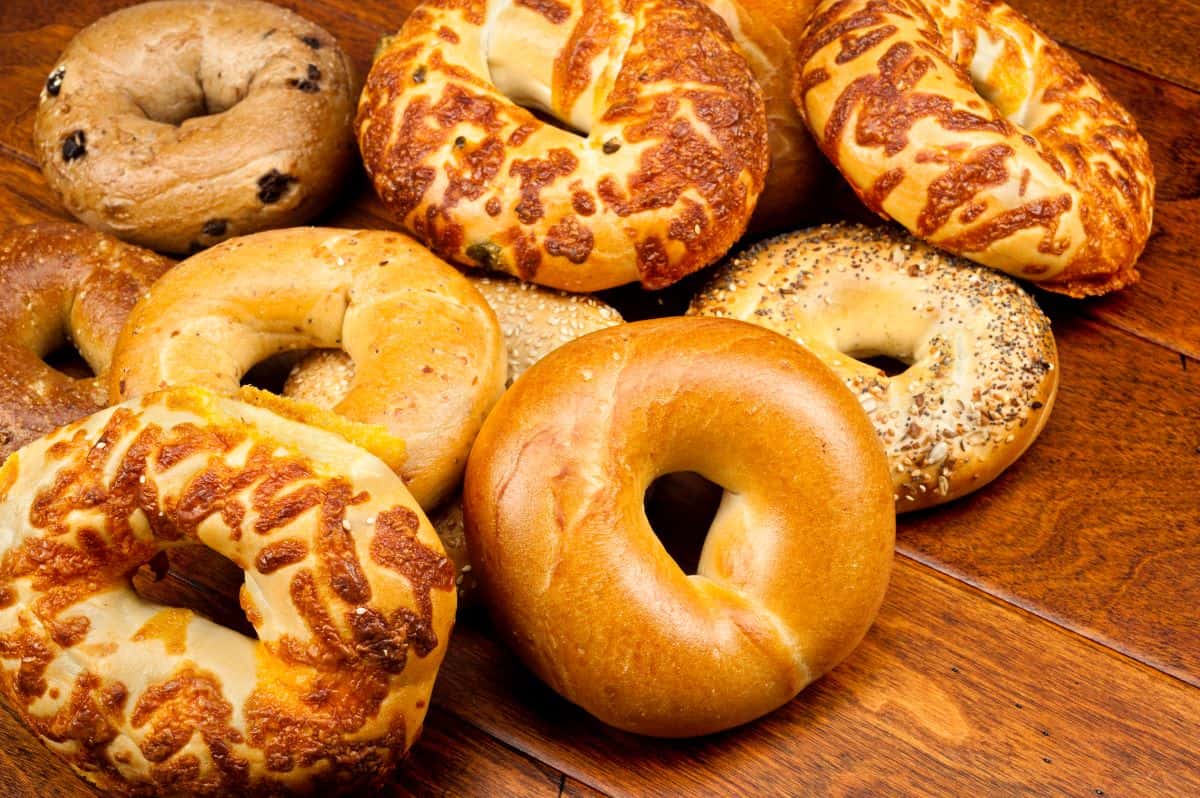

0 thoughts on “How Long Will Deer Meat Last In The Freezer”